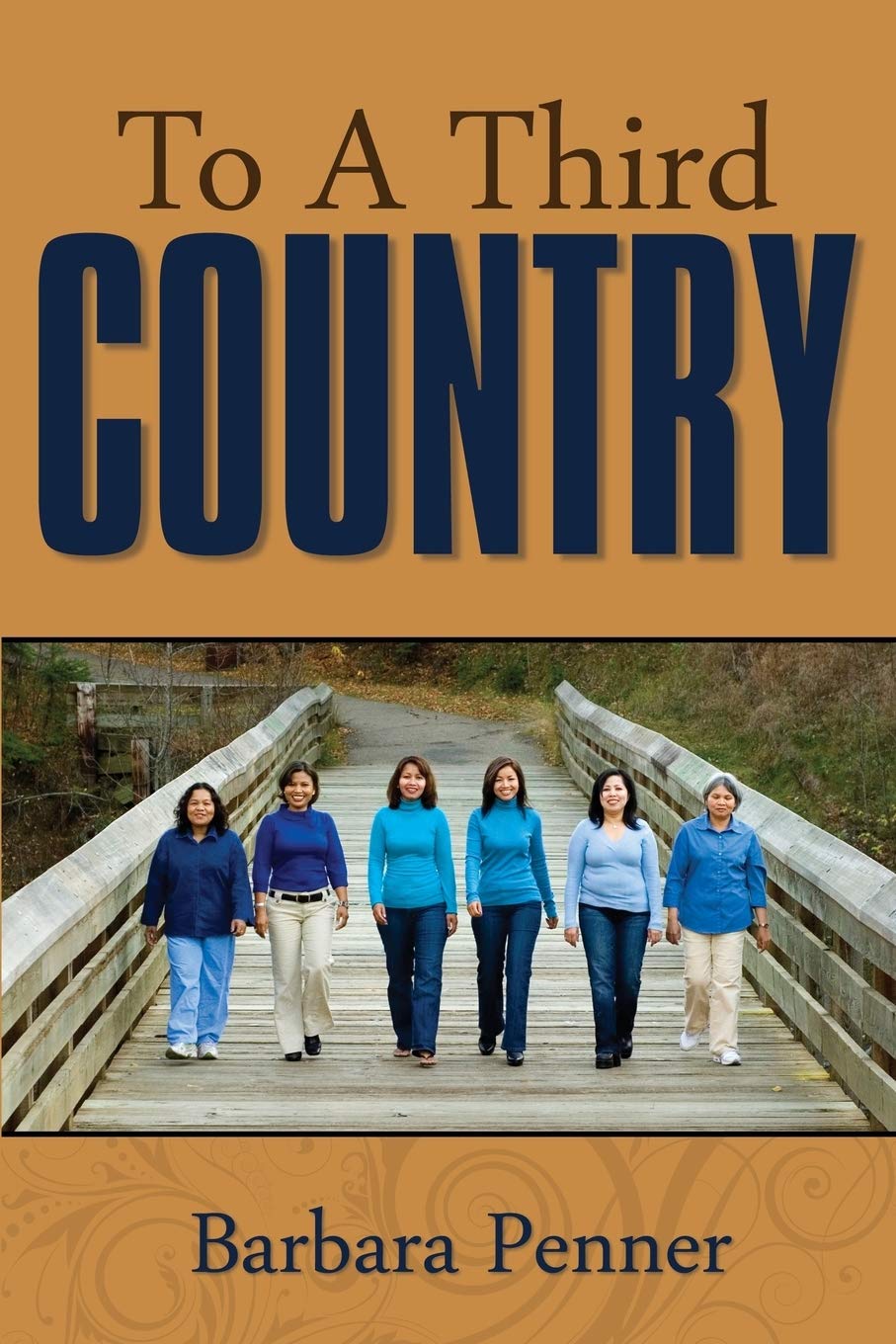Chhorn Nhem was one of the women – pictured above with her family – who escaped the violent Khmer Rouge regime.
Barbara Penner, an English as a Second Language instructor, stands in her NorQuest College office, arms spread wide as she stamps her feet like she’s making wine. She’s demonstrating how wool blankets were cleaned in giant pots by women at the Phanat Nihkom Transit Centre, a Thai camp and holding place where Cambodian refugees during the mid-’80s waited for acceptance from receiving countries like Canada.
Penner volunteered there from 1985 to 1987, and in that time met many individuals, including six women whose stories she recently told in her book, To a Third Country.
Penner recalls the moment she met Nareth Mom, one of the book’s subjects at the camp: “She was expecting a baby. Her job at the centre was to help clean blankets. So, she was jumping on them to get them clean.
“The other women actually convinced her to take it easy. It was maybe the one time in her life that she could sit back and just relax.”
Prior to being at the transit centre, the women of To a Third Country lived under the Khmer Rouge regime, communists who demanded a self-sufficient agrarian Cambodian society. This meant migration from the capital to work camps, where child labour, slavery, extreme violence and murder were common. Relaxing wasn’t an option.
While Penner’s book tells the story of six women with each story split into five sections – childhood (pre-political upheaval), Khmer Rouge, their escape from the regime, life in the transit centre and their move west – the focus is on the hopeful time she witnessed.
The women in transition, whether pre-teen or middle-aged, distracted themselves from the hardships with dance lessons, sewing and sometimes flirting with a man nicknamed “Movie Star,” while growing hopeful about moving to a third country, a new home.
“I look at them and think, ‘If I went through that [regime] , would I just be locked in those traumatic memories?'” asks Penner. “They’re real survivors.”
Penner wrote their stories for their children and grandchildren, whom the women feared would never understand the gravity of that time. But, a year after the book’s release, many of the children do understand, including Nareth’s adult son, David, who was born at the transit centre and raised inEdmonton. (Word Alive Press, 302, $19.96)
